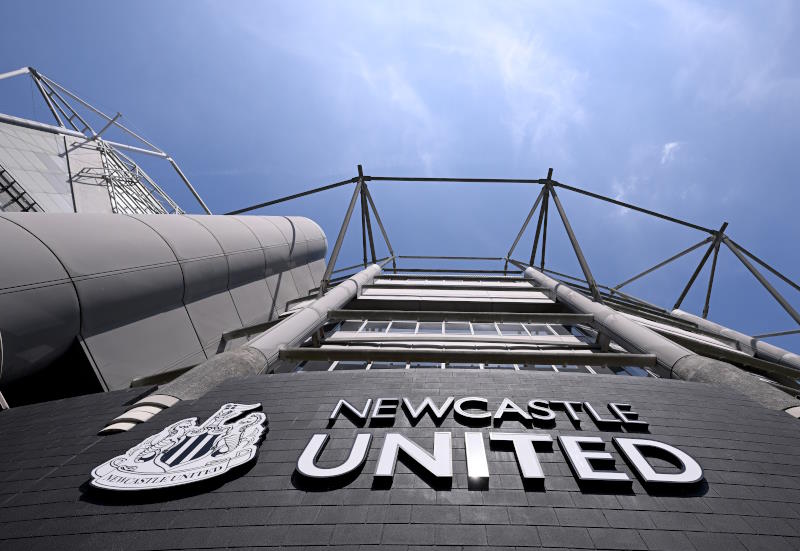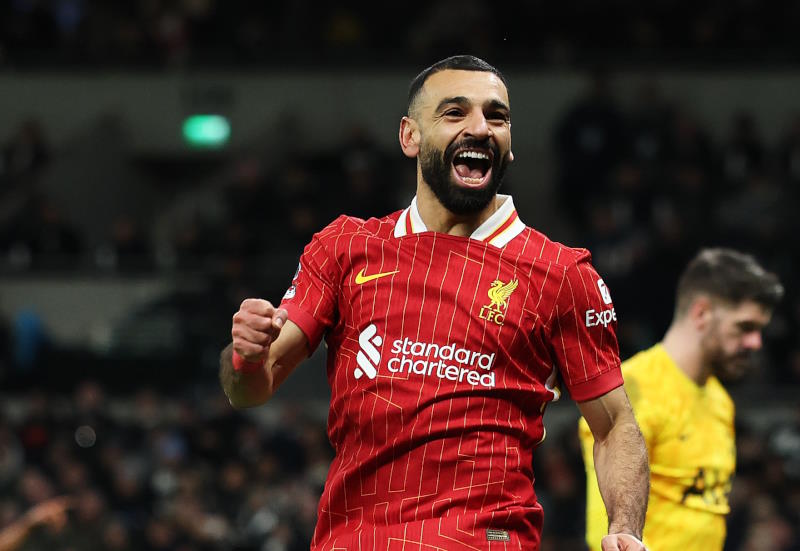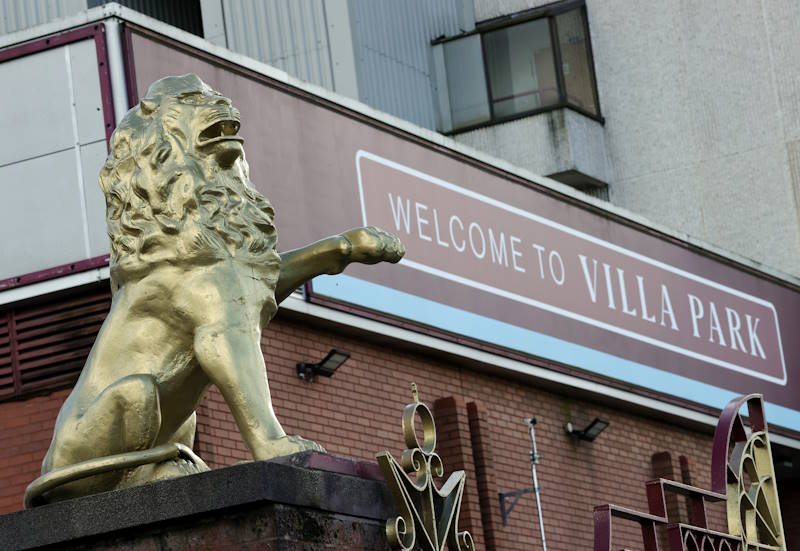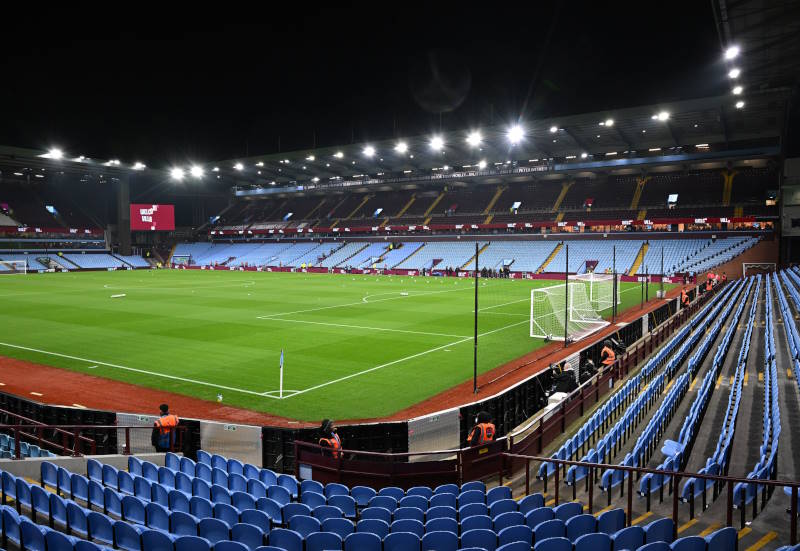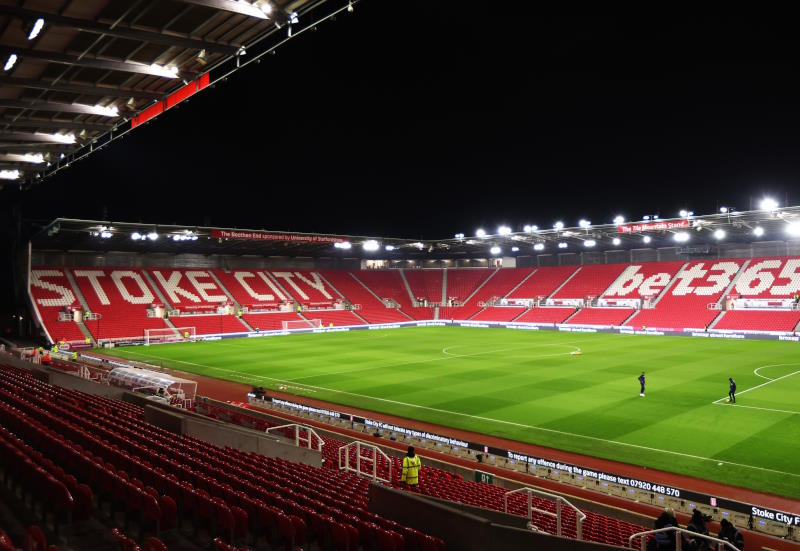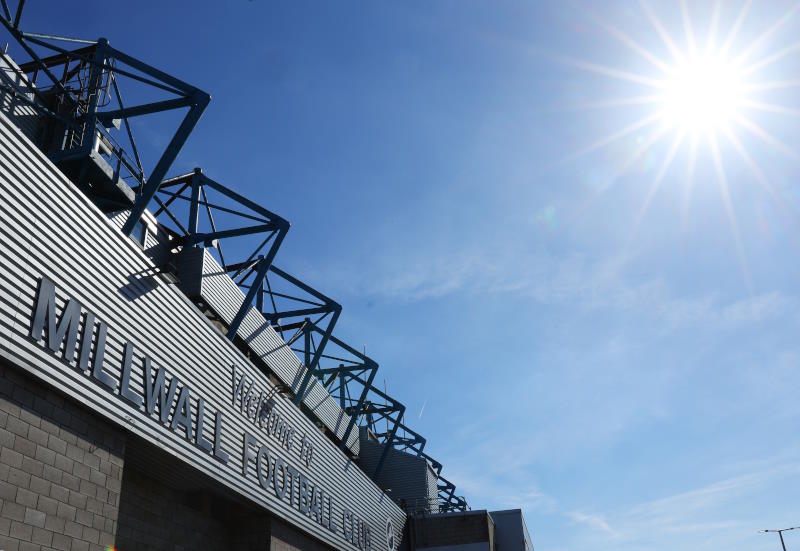
It has taken 106 years of FIFA being in existence and four African attempts for the continent to finally stage the greatest football tournament of all. South Africa will be the 15th nation and the first African country to host the 19th World Cup finals. As the countdown continues and Africa eagerly awaits the start of this prestigious competition, critics of the decision to head to South Africa have been keeping the focus squarely on the readiness of the country.
Those ready and willing to travel to the Rainbow Nation are already beset with sensationalist headline figures on crime and security, coupled with hefty plane ticket prices. It is true many South African cities, towns and townships suffer crime on a daily basis with robberies, rapists and murderers terrorising residents and travellers. However, streets are not closed to civilians as they were under apartheid, and under this system crimes were often concealed and prevented from being widely reported.
The story is not the same all across the country though. In the Northern Cape crime is low according to the South African police’s own figures, whereas in KwaZulu-Natal province burglary of residential properties, common assault and robbery is at its highest reported levels.
Despite many frightening statistics, it is important to remember that South Africa has successfully organised and hosted a number of sporting events in recent years. The Rugby World Cup of 1995, hosted post-apartheid, with limited infrastructure and experience provided the country a welcome boost, as well as the confidence to host the 1996 African Nations Cup, originally scheduled to take place in Kenya. The legacy following the Nations Cup left South Africa in fine shape to stage the 2003 Cricket World Cup, and most recently the Confederations Cup, the 2009 pre-World Cup warm-up tournament, went off without a hitch.
It isn’t just hosting tournaments that South Africa has done well. The country is one of the most revered tourist destinations on the continent and welcomes millions of visitors each year. According to the UNWTO’s (United Nations World Tourism Organisation) statistics, Africa as a whole has seen significant growth in tourist numbers, and since 2009 has overtaken the rest of the world by 4%, despite security and crime fears. While South Africa still has problems, so do many other countries, and the portrayal of the World Cup hosts as a nation where criminals torment and patrol the streets is wide of the mark. A negative image has mainly been built up due to a lack of knowledge of the African continent and a willingness to stereotype.
All too often links are created with the Rainbow Nation whenever an incident happens on the continent. Upon the ambush and terror attack on the Togo team in this year’s Nations Cup in Angola, questions were soon directed to South Africa, wondering if a similar event could happen there, despite the two countries being far apart geographically, governed by a different government and with vastly different security systems to target and address crime.
A total of 713 outfield players, 31 national team managers with a vast entourage of staff and officials, accompanied by an army of fans, decked in their country’s colours, are expected to land in all nine host cities. And unlike Angola, South Africa do not have viable known rebels or drug wars. Preparations for every eventuality appear to have been sound and effective for the challenges ahead.
South Africa’s organising committee have invested 665M South African rands on special crowd control equipment, highway patrol vehicles and helicopters to ensure maximum security and safety, with 41,000 police and security officers ready to be deployed in the tournament. The country’s army and Interpol are also expected to play major roles to guarantee peace and stability during the event, while other nations will send their own police to aid with fans of various languages. Suburbs and townships known to be dangerous will be pointed out as placed to visit at a fan’s own peril, and a 24-hour multilingual hotline is being set up to assist supporters.
Also high on the agenda has been facilitating the safe movement of fans and teams by road. The Ministry of Transport is said to be pumping billions of rands to improve the current traffic law enforcement system which has been deemed ineffective for the tournament. The 2008 Johannesburg metro police department’s own figures show around 201,779 traffic offences were committed, while the Cape Town metro department’s have recorded a number of 132,226.
The transport department will have 418 trains and 420 buses allocated to match operations and 200 buses for the FIFA family, while 360 buses for general spectators will be in addition to 1,100 buses in service. Infrastructure has also been improved with the building of King Shaka international airport at a whopping cost of 6.7 billion rands.
Everything suggests South Africa is doing all it can, but with no place in the world 100 per cent safe from crime, spending billions and planning properly is the most they can do. Other continents have had their chance to host the World Cup, irrespective of geographical location. And the time has come for Africa’s captivating cultures and traditions to welcome and embrace the world’s greatest football event.
Can South Africa pull it off? It will be enthralling to see how the world reacts if Danny Jordan and his colleagues deliver what some still doubt they can. Many will be watching with a keen eye, eager to see if crime in city streets affects those fans clogging the roads between 11th June and 11th July. Fans should not let fear put them off though, and South Africa can be a World Cup to remember, with a stop by Nelson Mandela’s old residence in Soweto a must. Africans have been waiting what seems like a lifetime to host this competition, and the world is now cordially invited.
Related Articles:
- – Africans in 2010 World Cup Dreamland
- – Africa’s Top 10 Greatest Players of All Time
- – World Derbies: Kaizer Chiefs v Orlando Pirates





